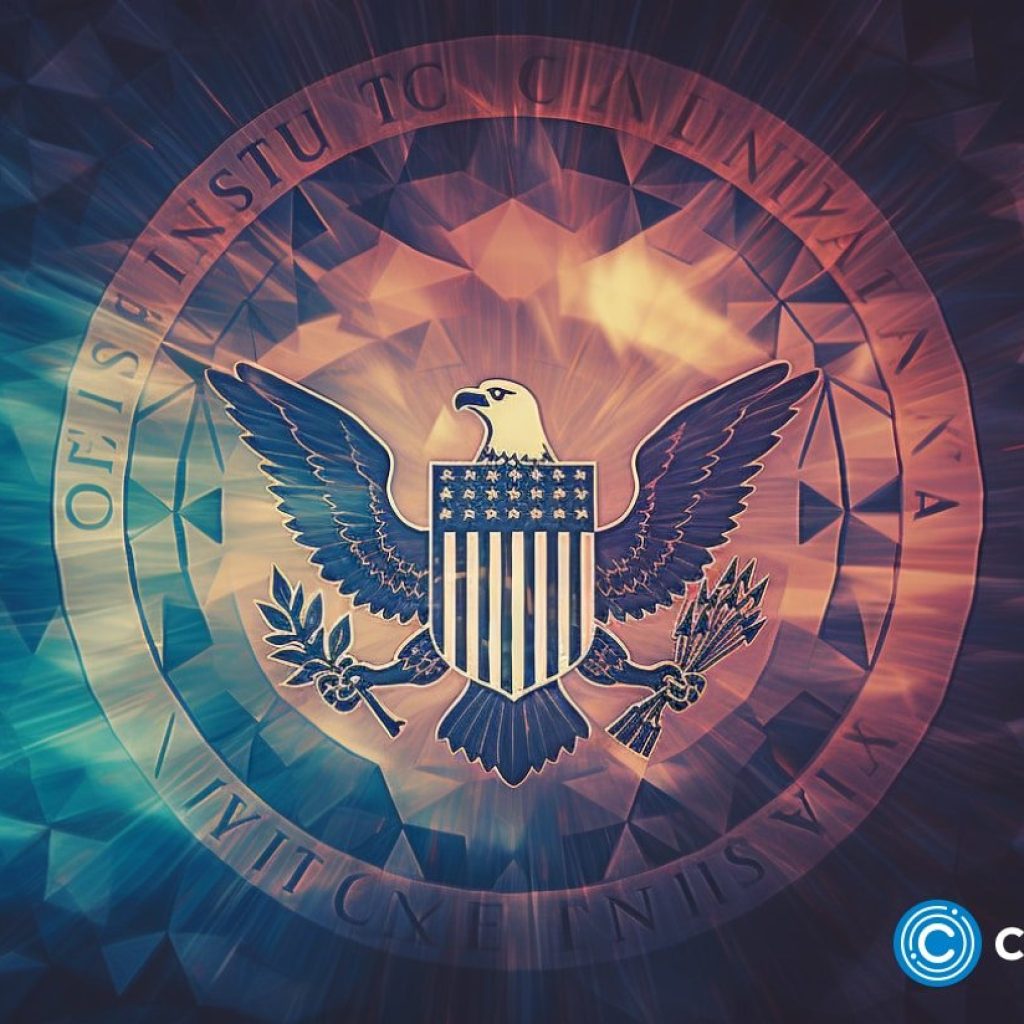Previously sanctioned Tornado Cash, an Ethereum-based crypto mixer that provides its community with identity secrecy in digital transactions via its open-source software is up again on the news cycle. The clash between regulators and the crypto sphere turns up a notch with legal actions, counter lawsuits, arrests, and foreign cybercriminals, all involved in the mix.
Initially, the American Department of the Treasury office targeted Tornado Cash in August. The agency put a blind ban on the app to keep cybercriminals at bay from using the privacy tool while moving funds illegally.
OFAC, the Department of the Treasury’s Office of Foreign Assets Control, alleged that Tornado Cash was a popular choice for North Korean hackers to use for their ill motive gains. The economic restrictions halted American individuals’ and businesses’ usage of Tornado Cash, the largest crypto mixer in the industry.
U.S. Treasury Punches Tornado With More Refined Allegations
Despite the criticism from crypto enthusiasts and businesses in the crypto-verse that the U.S. watchdog’s action against Tornado Cash was more of a hit against the “services” it provides, the Treasury Department released a statement in defense with a more broadened justification for sanctions.
In its press release on Nov. 8, the U.S. watchdog noted that it has “delisted and at the same time redesignated” the mixer crypto tool under amended executive order 13722 and E.O. 13694. This time, OFAC has changed its narrative behind the hit from North Korean cyber-pirates using the services to a more general North Korean regime.
The Office of Foreign Assets Control(OFAC) also noted that Tornado Cash allowed illegal cyber activities on its platform to facilitate the program of weapons of mass destruction(WMD) of North Korea. Tornado Cash was a huge help in implementing the proceeds of crypto’s largest heist of $455 million for the North Korean-supported Lazarus group.
Lazarus Group is banned under U.S. sanctions. The statement further revealed:
This action is part of the United States’ ongoing efforts to limit the DPRK’s ability to advance its unlawful weapons of mass destruction (WMD) and ballistic missile programs that threaten regional stability and follows numerous recent DPRK ballistic missile launches, which are in clear violation of multiple United Nations (U.N.) Security Council resolutions.
In addition to this heist that took place in March, Tornado Cash was also helpful in laundering the stolen money from the Horizon Bridge hack in June, as well as August’s $190 million theft on crypto startup nomad, the treasury noted. Although multiple requests have been made to Tornado Cash to enforce required changes, the official said the criminal activity continued.
These statements enforce the U.S. and South Korea’s popular narrative that North Korea uses its army of cybercriminals to steal and use funds for its weapons development program. The Democratic People’s Republic of Korea refutes such allegations.
The Treasury Department also announced sanctions on two of North Korea’s airline Air Koryo employees.

Crypto Enthusiasts Believe Otherwise
When the sanctions were first imposed on Aug. 8, there was strong criticism against the Treasury Department for sanctioning the Tornado Cash service in the country. Many enthusiasts believe that the action taken is quite controversial as Tornado Cash is more of a set of software than an organization. Six Tornado Cash’s believers, hailing from Texas, took to the court, stating that the officials had overstepped their mandate by restricting access to the computer code. The lawsuit reads:
Tornado Cash is not a person, entity, or organization. It is a decentralized, open-source software project that restores some privacy for Ethereum users.
Coinbase, a renowned crypto trading platform, also announced its financial support for a lawsuit against Treasury. In a blog post, the U.S.-based trading platform argued that the Treasury officials had gone too far by imposing a ban on an entire technology in place of specific individuals.
Besides, Coinbase, the Treasury Department also faces a lawsuit from a non-profitable research firm Coin Center. Coin Center believes that the U.S. watchdog is unfair towards the constitutional rights of Tornado Cash enthusiasts who use it to protect their identity.
Featured image from Pixabay and chart from TradingView.com




